Sohna Zaini: a 50-year-old tale revived
Punjabi folk love tale "Sohna Zaini" opens eight-day folk festival at Baghe Jinnah Open Air Theatre in Lahore.
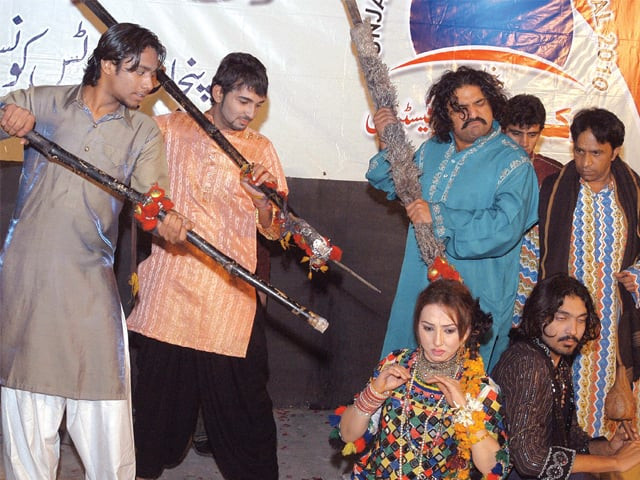
Said to be a true tale of two lovers who defied the class system, the story of Sohna Zaini dates back to 18th century Hari Ka Patan, a village in the Indian part of Punjab.
The play began with Sohna, the son of Numberdar (village elder) Allah Buksh, who falls in love with a gypsy girl Zaini originally from Rajasthan but staying in Hari Ka Patan. The two continue meeting in the village’s outskirts until Kharak Singh Kharka learns about their affair. He tries to keep the two away but fails. When Munshi Raphari, the front man of Allah Buksh, comes to know about Sohna and Zaini, he immediately reports it to his boss who is enraged that his son had fallen for a girl from the lower class.
He orders Zaini’s tribe to leave the village or be killed. The tribe leaves the village but Sohna absconds with Zaini. The group moves to another village but Buksh eventually traces them. In the end the lovers are killed.
The play was a Fazal Jutt Group production. Jutt, whose father Ashiq Jutt had formed Phajisha Theatre Company, told The Express Tribune that the play was earlier performed at the Urs of Data Saheb in Lahore about 52 years ago. “We are thankful to the Punjab Arts Council for giving us a chance to revive this play,” he said, adding that many famous Punjabi poets including Shah Hussain, Adab Kumari, Peera Ditta and Muhammad Bota had written stories on Sohna Zaini.
Muhammad Alam, who gave dramatic form to the folk tale, said, “I have taken references from Punjabi literature. I simplified the language so that people could understand it”. He said that shrines of Sohna and Zaini are currently present in Patuki where their Urs is celebrated. “The class system still exists in our society and the play is still very relevant. Street theatre used to be very popular in the past and we ought to revive it. It was theatre for masses. So, no government supported it,” he maintained.
Iqbal Jaffari, who played Munshi Rapphari, played a role in the same play when it was performed 52 years ago. “A lot has changed in theatre since then. In those days there was reformatory but now the quality has gone down,” he said.
Bilal, who played Sohna, and Mahim Butt who played Zaini, said that they enjoyed being a part of folk theatre tradition. “It’s been a really amazing experience for us,” they said.
Although the festival did not open with a large audience, the play received its share of applause. The artists’ performance and rhyming dialogue captivated the spectators. However, what marred the overall quality of the play was poor lighting and costumes of the performers.
In the coming days of the festival, theatre groups from Lahore, Faisalabad, Rawalpindi, Sargodha, Gujranwala, Multan, Murree and Bahawalpur will perform during the week.
Published in The Express Tribune, December 24th, 2010.


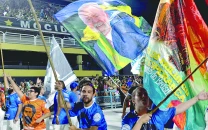
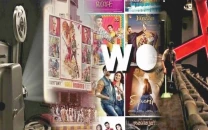

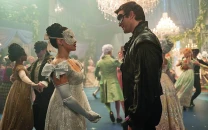
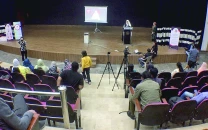












COMMENTS
Comments are moderated and generally will be posted if they are on-topic and not abusive.
For more information, please see our Comments FAQ